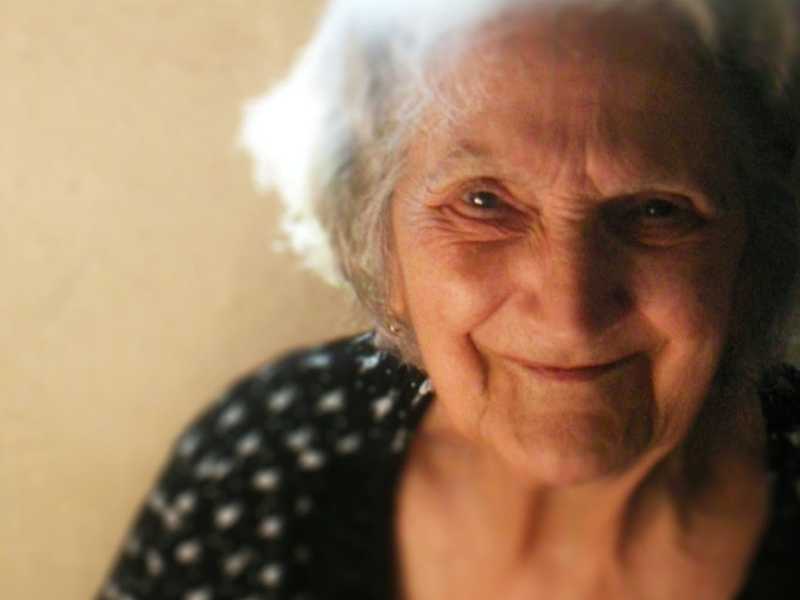Low Doses of THC Prove Effective
Nature Medicine Journal recently published new research conducted by the University of Bonn in Germany, in association with the Hebrew University of Jerusalem. The mouse-modeled study was led by Andreas Zimmer and found that low doses of THC, which did not induce psychoactivity, could reverse declines in cognitive function in elderly mice.
FOLLOW US ON FACEBOOK & INSTAGRAM
Groups of young and elderly mice were given behavioral memory and learning assessments before they were dosed with any THC as a control. When the young mice were dosed with THC, they performed worse on the assessments than they did before receiving a dose of THC. The elderly mice, who had done worse than the young mice on the exam originally, did as well as the young mice (without any dose), once they received a low dose of THC.
The researchers believe that the elderly mice performed better on the assessments with the addition of THC because of an increase in activity that was noted in the hippocampus of the mice, which is connected to learning and memory. In the hippocampus, the researchers saw more points of contact between neurons.
The Aging Endocannabinoid System
Mice, like all other mammals, have endocannabinoid systems. Endocannabinoid systems change greatly as animals age, and so does the way they react to the presence of cannabinoids from cannabis. As endocannabinoid activity declines, aging increases rapidly, which was seen in a previous study by Zimmer.
RELATED: WHY YOUR PARENTS NEED TO LEARN ABOUT CANNABIS
Endocannabinoids, the cannabinoids that mammals produce internally, become less prevalent as mice age, and the less functional cannabinoid receptors that mice had, the faster they aged. Cannabinoids from cannabis could possibly supplement the decreased supply of internally produced endocannabinoids, helping reverse the side effects of aging. The differences between the reactions of the young and elderly mice had could possibly be explained by the aging of the endocannabinoid system.
Parallel with Humans
Though the research is very preliminary, many people have become interested by the study because of the potential parallel with humans. Susan Weiss, the director of the Division of Extramural Research at the National Institute on Drug Abuse, said about the study, “This well-designed set of experiments shows that chronic THC pretreatment appears to restore a significant level of diminished cognitive performance in older mice, while corroborating the opposite effect among young mice…While it would be tempting to presume the relevance of these findings [extends] to aging humans…further research will be critically needed.”
Zimmer has received more funding from the German government in order to conduct a clinical trial with elderly patients with mild cognitive impairments. The upcoming clinical trial could provide concrete evidence to supplement the positive possibilities that have come from this study, in association with anecdotal evidence that cannabis can help people with disorders like Alzheimer’s. Hopefully we will soon gain more concrete evidence through this upcoming clinical trial about another way that cannabis could greatly help improve peoples’ quality of life.
If you are new to cannabis and want to learn more, take a look at our Cannabis 101 post. HelloMD can help you get your medical marijuana recommendation; it's 100% online, private and efficient.
